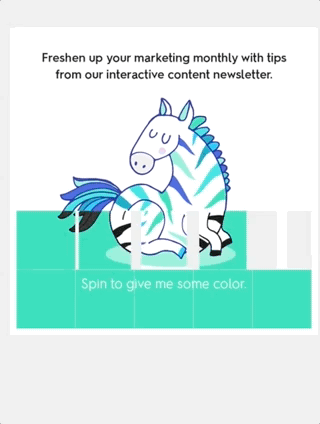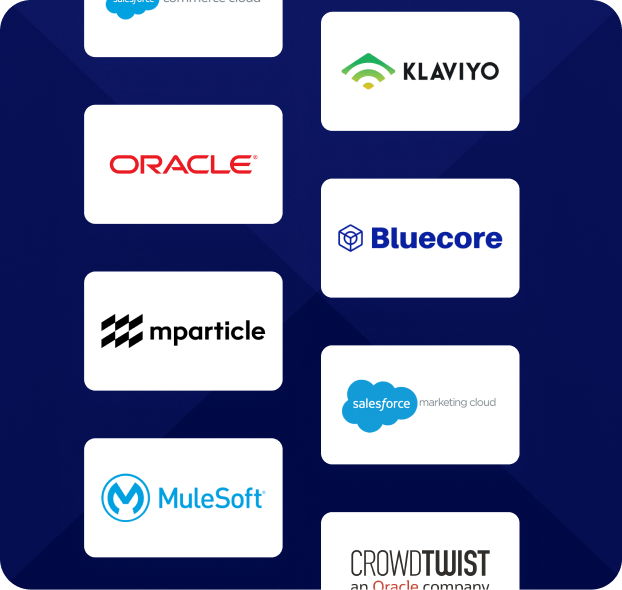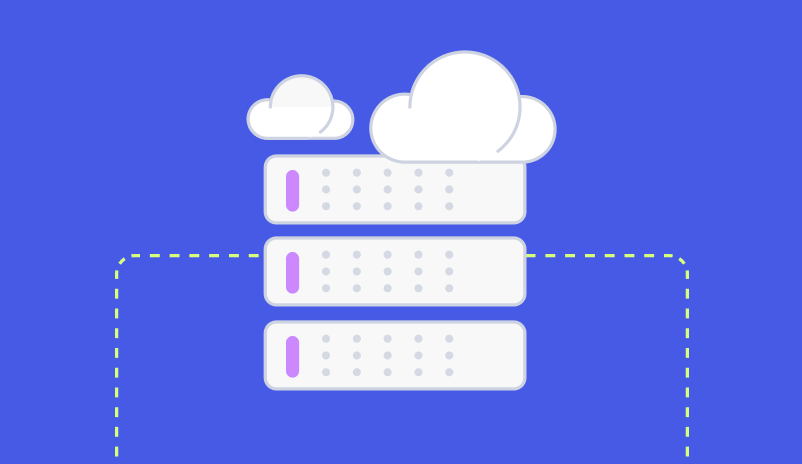How to Use the Endowment Effect to Grow Your Email Lists
You know that sweater in your closet? The one you bought a long time ago because it was so comfortable and fit perfectly? It might be a little outdated now, fashion-wise, and maybe there’s a small tear or two forming… Even though that sweater should be bound for the donation pile, you just can’t let go of it. Maybe you don’t even wear it anymore, but the thought of giving it away still makes your hairs stand on end. Why is that?
We can attribute your behavior to a marketing psychology principle known as The Endowment Effect. The endowment effect states that consumers ascribe more value to things simply because they own them. It explains why even though that sweater is objectively useless in your life, you just can’t pull the trigger on getting rid of it. It holds a high value to you because you own it, and you’ve had positive experiences with it. Maybe remembering that day when you got 3 compliments on it brings a smile to your face still.

So how does the endowment effect work in the marketing psychology world? Well, it manifests itself in a variety of different ways. For example, people are generally inclined to pay more to keep something they already own, like a subscription to Netflix or Spotify while a new customer would be unlikely to pay that same price for the service. Another way the endowment effect works in marketing? Consumers are more likely to value your marketing messages if they feel some sense of ownership over them. That means if you can give your customers the feeling of ownership over your brand or your marketing campaigns, you’re more likely to see higher conversion rates and brand loyalty.
The Endowment Effect, Marketing Psychology & Email Campaigns
So how do you give your customers a sense of ownership over your brand? The easiest way is to offer them membership to an email newsletter with a simple sign up form or to offer them a portion of your website like comment boards through an account-based approach.

The moment a consumer creates an account with your company or signs up for your email list, they enter a space of private ownership with your brand. The endowment effect enables them to place more value on your communications simply because they feel that they are a member of your brand, product, service, or community.
While you want to encourage users to create an account or join your email list, you also need to avoid forcing them to do so before they can convert. Adding heavy-handed tactics that require them to enter their email before accessing your website will create a point of friction in your pipeline that can damper your conversions. Instead of forcing them, use other marketing psychology tactics and incentives or rewards to encourage them to create an account of their own volition. This also means they will value their membership more, and the endowment effect states that they will, therefore, value the information contained within your marketing messages more as well. The endowment effect is an effective tool for keeping people engaged with your product or brand and for creating your initial conversions as well. The key is in creating a sense of ownership in your consumer and fostering that relationship with your further marketing messages. Digital assets like user profiles, email sign-ups, personalized experiences, and discount offerings all contribute to the perception of ownership that your marketing should attempt to foster. As soon as the ownership is created, consumers assign value to your communications. The endowment effect along with the application of other solid marketing psychology tactics give you the leverage you need to move them down the pipeline to conversion.
Learn more about other principles of marketing psychology at the Zembula Academy.
Grow your business and total sales





